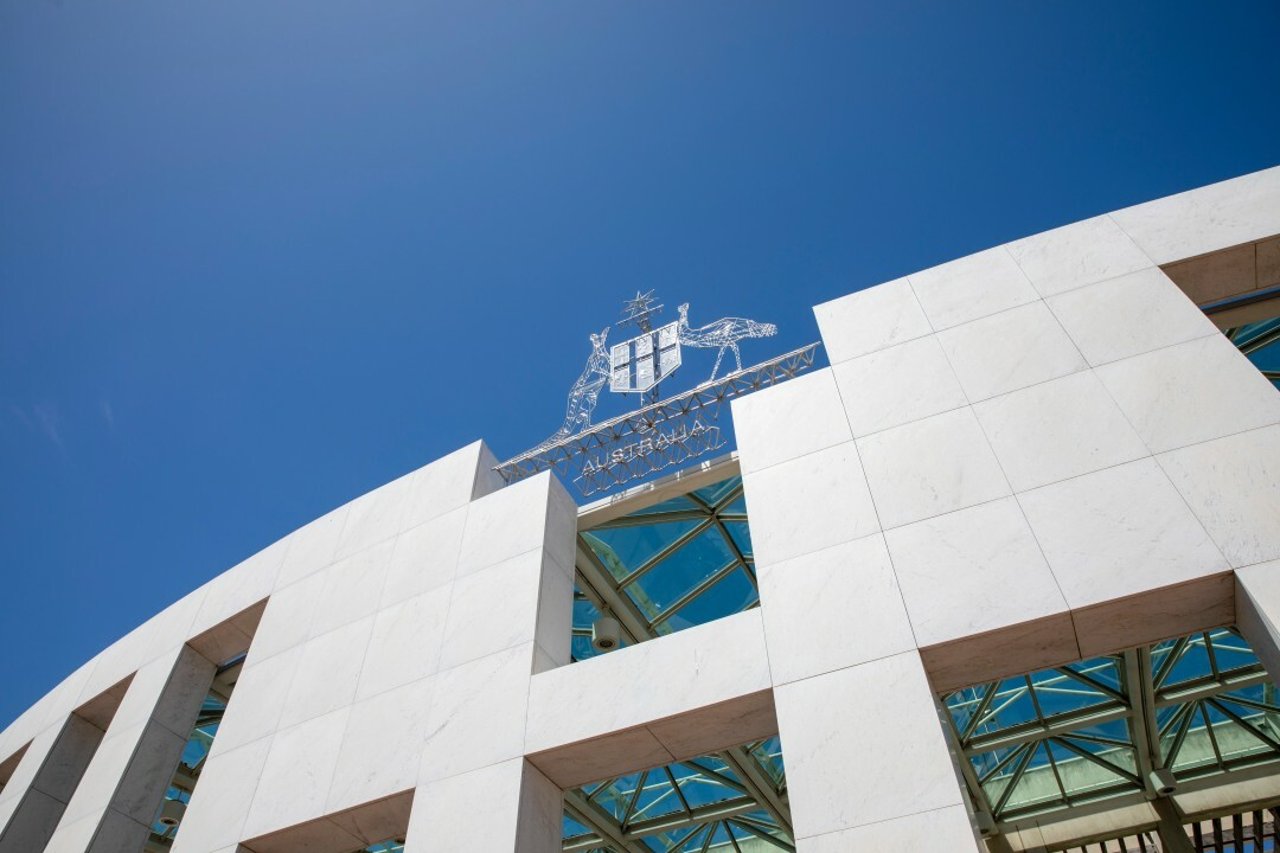Scam Code Act Strong Step to Disrupt Criminal Enterprises in Southeast Asia

Monday, 9th September 2024
International Justice Mission (IJM) Australia welcomes Assistant Treasurer Stephen Jones’ announcement this morning of the Government’s planned Scam Code Act, which will introduce new requirements for companies to disrupt financial scams and include minimum expectations for companies under new mandatory industry and company codes.
IJM Australia CEO David Braga said the obligations that will be introduced by a Scam Code Act will be valuable by requiring banks, telcos and social media companies to take serious responsibility for the scams being carried out through their platforms and services, and being answerable to the ACCC for compliance with the new codes, once underway.
“The online scamming industry is complex, and it is vast – the ACCC estimates that $2.7 billion a year is lost to scams in Australia, and the United States Institute of Peace estimates that the funds stolen by criminal syndicates based in Mekong countries alone likely exceeds AUD$65.6 billion a year.
“It is one thing for governments and law enforcement to take strong action against scams, but by involving the private sector, we can start to make a real dent in the profitability and feasibility of the industry by disrupting business models.
“Companies and platforms through the carriage of their services are inadvertently enabling these scams to be propagated – and so they have a responsibility to protect consumers.
“The private sector holds significant tools to disrupt and prevent the further growth of scams and scamming syndicates.
“The proposal put forward by the Assistant Treasurer today is a fantastic step forward which will not only protect Australians from harm but will also be an important piece in the puzzle of reducing the prevalence of human trafficking into the transnational criminal syndicates running online scams.
“Every Australian has received a scam phone call or message – but many are not aware that oftentimes the people on the other side of the device are themselves victims of human trafficking.
“These are people often being held against their will and forced into criminality by large scale criminal enterprises. Southeast Asia is a hotspot for this type of crime, having been turbocharged through the pandemic.
“Anything that can be done to make these scamming operations less profitable, and put an end to this industry, will also contribute to the humanitarian effort of protecting vulnerable people who may fall prey to these criminal gangs.
“We cannot underestimate the value of the private sector working with government and law enforcement to contribute to putting an end to this crime.”
Media: Briony Camp │ [email protected] │ 0468 308 696